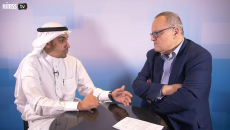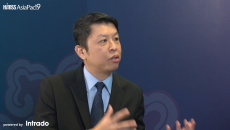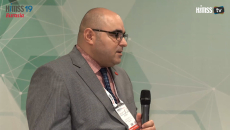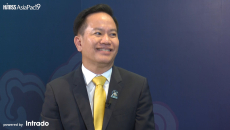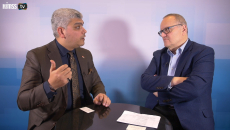Asia
In this episode of The Alessi Agenda, Dr. Jason Cheah, CEO of Woodlands Health Campus, discusses how global examples of EMRs, robotics and telehealth helped accelerate digital transformation in Singapore.
To date, the Fortitude Kit has been deployed in 13 Singapore hospitals and labs, public and private, and more than 20 countries internationally.
The funds will be used for the telehealth startup’s expansion in the APAC region with the support of local and regional partners.
Mohannad Jameel M Brembali, general director of Health Supporting Systems at the Ministry of Health KSA, discusses deploying telehealth to improve healthcare access to patients in remote areas of the country.
Ekaraj Panjavinin, managing director of digital solutions at True Digital Group, discusses how the creation of the HIMSS Digital Health Center at True Digital Park will help build digital capabilities for the Thai healthcare workforce.
Clinical leadership, government support and financial resources are central to driving digital transformation and attaining HIMSS EMRAM Stage 7, says Dr. Aziz Ahmet Surel, coordinator chief physician at Ankara City Hospital in Turkey.
iThermo reduces the need for manual temperature screening, and provides prompts where secondary checks can be carried out for feverish persons identified by the solution.
Dr. Tullawat Pacharapha of Vejthani Hospital says big things will come to the medical tourism industry in Thailand.
Egypt is looking to deploy best practice technology solutions across Africa, says Dr. Ahmed Safwat Mitwalli Elassal, board member with the Egyptian General Authority of Healthcare.

